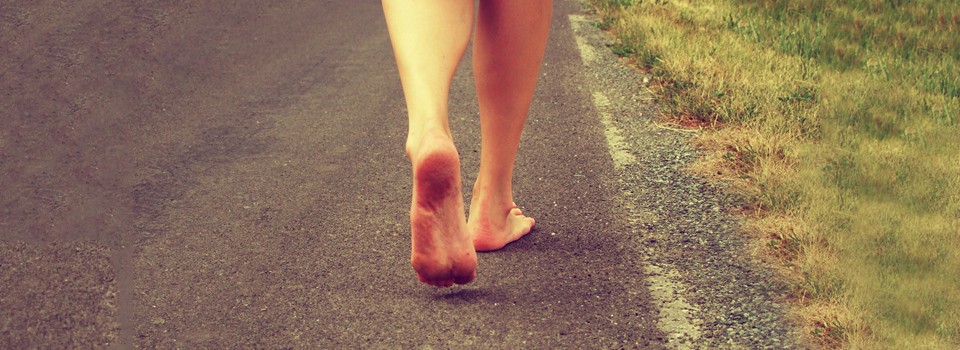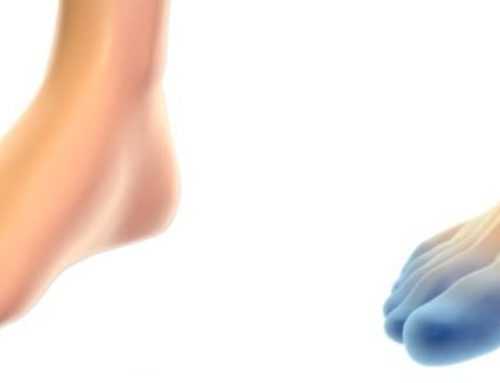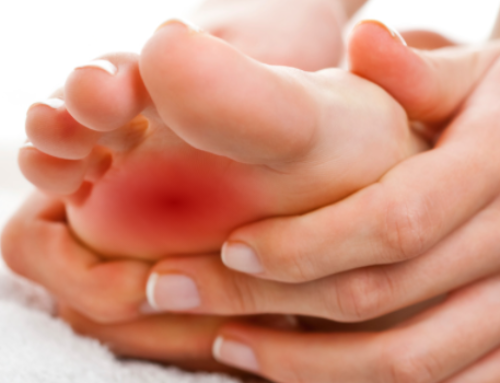
Walking is a great form of exercise, and without even thinking about it we take thousands of steps a day. Children begin to walk independently just before they complete their first year of life. Of course, the speed in which an individual walks varies, and it depends on a variety of factors, such as weight, height, fitness level, and age. The terrain also plays a role as to how fast a person walks, but on average a personal walks at about 3 miles per hour. A professional speed-walker can walk at speeds close to 9 mph. Balance is a vital component to walking. If you are unable to balance on one foot, walking properly becomes challenging since it is based on the concept that a human can stand on one leg while the other leg swings forward. A common exercise to improve balance is heel-to-toe walking. Also, you can practice getting up from an armless chair.
Health Benefits Associated with Walking
When a person consciously takes a 30 to 60 minute walk daily, they reduce the risk of getting Type 2 Diabetes, heart disease, and certain types of cancer. In addition, walking is said to reduce anxious thoughts and depression. Walking is known to keep bones healthy and strong. Some studies even say that walking daily can delay the onset of dementia. Walking backwards is an effective type of physical therapy for post-surgery patients, especially individuals who underwent knee surgery. It can also be a helpful exercise for people that suffer from a sprained ankle or hamstring sprain. As an added benefit, walking backwards burns more calories in a shorter amount of time than walking forward.
Walking Barefoot
Although walking without proper foot protection is not encouraged, if the environment is safe there can be some benefits to walking barefoot. The tendons, ligaments, and muscles in your calves, ankles, and feet will have the opportunity to stretch and naturally strengthen from this activity. Also, walking barefoot in grass has been said to cure insomnia and promote a good night’s sleep. Studies have shown that walking in fresh grass reduces depressing and anxious thoughts by more than 50%, and increases endorphins (natural “feel good” hormones). Walking barefoot is not a good practice for those people with diabetes or poor circulation.



